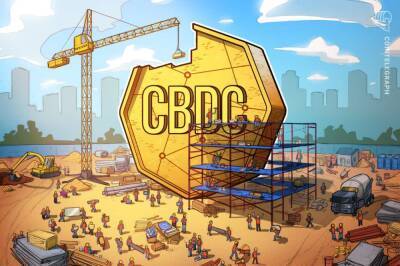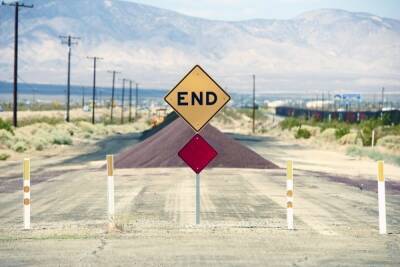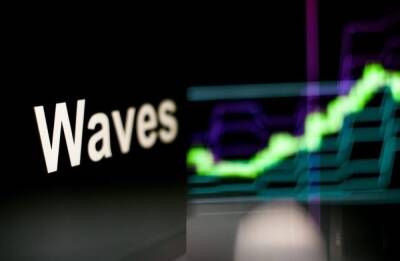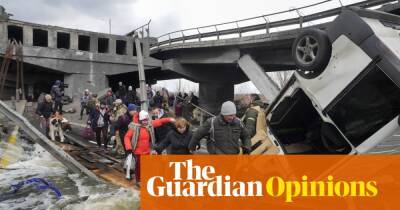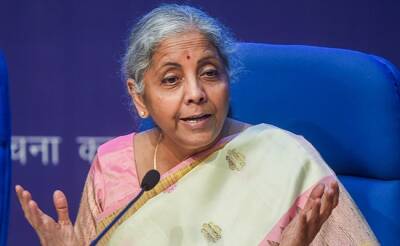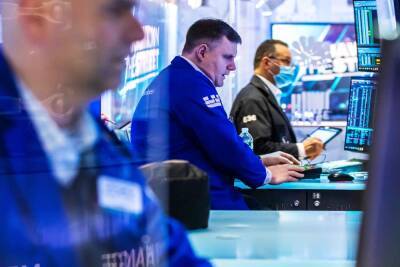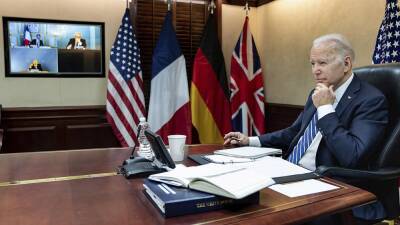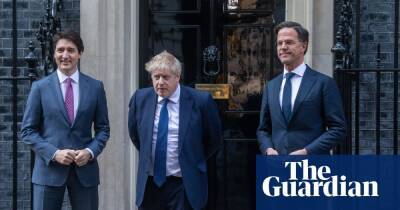In the face of war, central bank hawks must retreat on inflation
Russia’s attack on Ukraine poses a dilemma for the UK government and the Bank of England with an obvious answer.
The dilemma centres on the cost of living crisis, which is only going to worsen now that gas prices are on course to rocket again and oil prices along with them.
Within seconds of the first reports from Ukraine of the invasion, traders were hiking the cost of gas back towards levels seen in December last year. That was the month prices reached nine times the five-year average, before falling back to five times the average in January.
Analysts have warned that household gas and electricity bills could rise by a further £600-£1,000 a year – to as much as £3,000 – if wholesale gas prices are kept high by an ongoing war.
Petrol prices, which in January appeared to have passed their peak when they began falling towards £1.40 a litre, are heading back to record highs of £1.50 and beyond. In some parts of the country, they have already exceeded £1.60 a litre.
A surge in energy costs has put inflation on track to hit 7% or 8% by the spring, and possibly higher in the summer, eating into the disposable incomes of middle earners and pushing many of those on low wages into poverty.
The combined effect on the bottom two-thirds of households will be to slow the economy, which has come to depend to a disturbingly high degree, during a decade or more of public spending cuts, on consumer spending.
Rishi Sunak is planning to make the cost of living crisis worse by increasing taxes – national insurance will rise by 1.25% in April and income tax will rise via a freeze on thresholds, bringing more people into paying tax at the standard rate and more people paying higher-rate tax.
The Bank of England has its own scheme to increase the
Read more on theguardian.com



